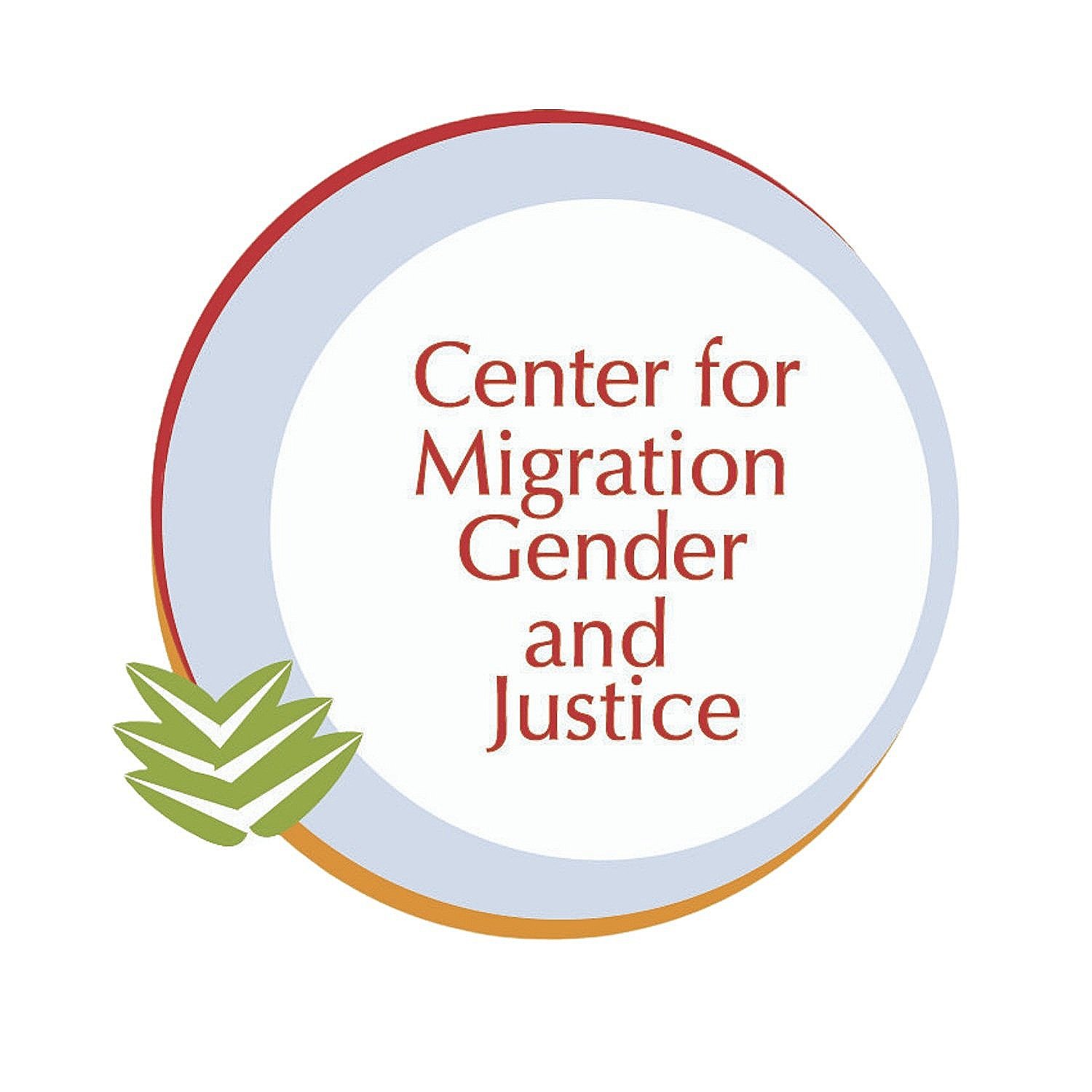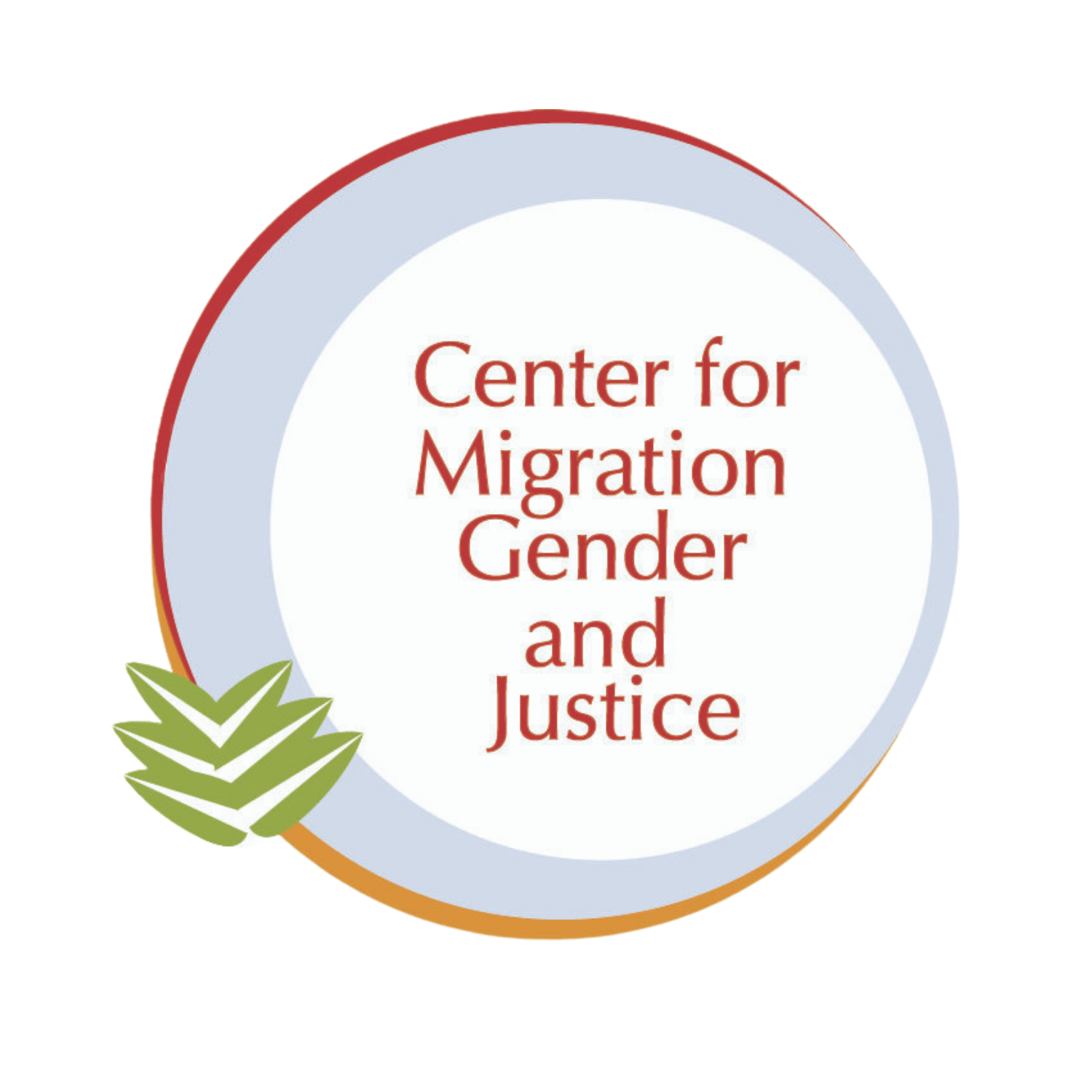Equal Pay for Equal Work: Without Borders
“In striving for equal pay for equal work, we not only bridge the wage gap but also pave the way for a more just and equitable world in which each person's contributions are respected and appropriately compensated, irrespective of their migration status.”
Amarachi Lauren Obioha, CMGJ Migrant Youth Advocacy Training (MYAT) Participant (2023)
Bridging the global divide through the concept of 'Equal pay for Equal work Without Borders' means calling for the elimination of wage disparities and advocating for a fair and inclusive global labor market. It also means pursuing equitable compensation across borders. These calls for action and advocacy have been informed by my participation in the Migrant Youth Advocacy Training (MYAT) and the European Youth Event (EYE).
Being a migrant youth advocate has been a transformative experience, expanding my understanding of the challenges faced by migrant youth and inspiring me to make a difference. The MYAT deepened my knowledge of the unique challenges faced by migrant youth, including discrimination, access to education, and integration. The training provided an atmosphere and environment for learning, sharing experiences, and building a supportive network of like-minded individuals. I have gained valuable insights into policy advocacy, community engagement, and collaborative approaches, enhancing my ability to drive meaningful change.
My experience at the EYE was engaging, enlightening, and empowering. The EYE left me with several invaluable takeaways. Firstly, it highlighted the power of youth leadership and the importance of youth-led initiatives in driving transformative change. Secondly, it emphasized the significance of collaboration and the strength that comes from diverse voices united towards a common goal. Lastly, it reinforced the notion that systemic change is achievable through sustained advocacy efforts, perseverance, and resilience.
Despite this exciting experience, I still wondered why there is still an unequal pay gap arising from unpaid internships in the EU.
Although measures on Equal Pay for Equal Work enshrined in EU law attend to gender dynamics, these measures fail to address why internships are not recognized as paid work. Unpaid internships create an eminent pay gap and inequality leading to precarious living conditions. For example, according to the 2023 study conducted by the European Youth Forum on “The Costs of Unpaid Internships”, the impact of an unpaid internship costs the average young person in Europe over €1000 per month, thus deepening inequalities. Yet, EU policymakers continue to overlook this crucial aspect despite the cost of living increasing, especially after the COVID-19 crisis and in light of the ongoing Russian-Ukraine war.
Furthermore, the noted study points out that young people from marginalized backgrounds, including migrant youth, already face heightened challenges to secure paid internships, resulting in migrant youth often being excluded from future employment opportunities.
Let me say this: It is quite unfair for migrant youth, including myself, to be subjected to unpaid internships that are often necessary for professional development while managing already difficult economic situations.
One might ask if this is a deliberate attempt to encourage inequality?
It was quite astounding that the EU falls behind in this regard since the Sustainable Development Goal (SDG) 8 - Decent Work and Economic Growth seeks to achieve decent work and equal pay for all. Although Members of European Parliament highlighted this crucial aspect during the EYE, the reality looks different in terms of implementation on the part of policymakers and employers. The EU must be aware of the changing times and how their decisions affect the lives of marginalized communities, such as migrant youth, in their member states .
Change is now! To address this unfair wage disparity, the EU needs to understand "all work is paid work". This starts by eliminating unpaid internships for all to reduce social inequalities and creating pay equity policies that ensure that internships do not replace entry-level jobs irrespective of people's nationalities and backgrounds. This change must also involve decreasing the tax payment for paid internships to encourage savings.
Once this change is in motion, advocacy is necessary to ensure effective implementation and accountability. With careful monitoring mechanisms, evaluation frameworks, and reporting, equal pay for equal work can be achieved.
In striving for equal pay for equal work, we not only bridge the wage gap but also pave the way for a more just and equitable world in which each person's contributions are respected and appropriately compensated, irrespective of their migration status.
INCLUSIVE CHANGE IS NOW!!!

